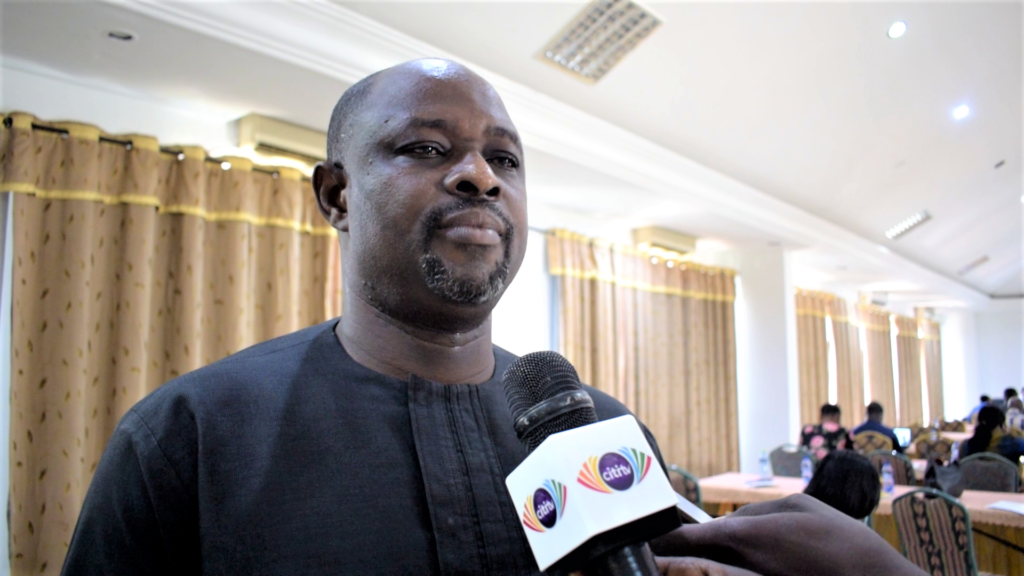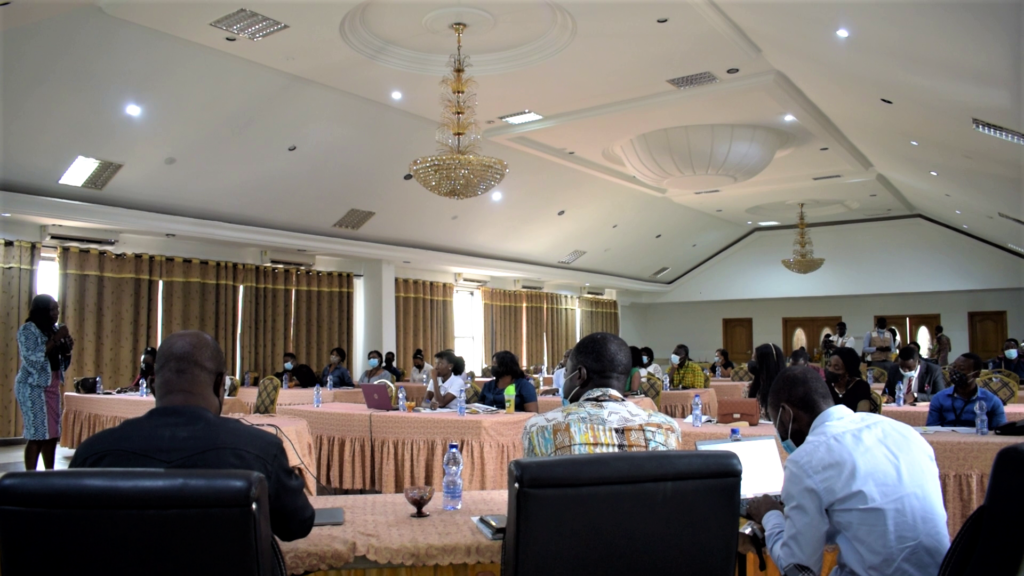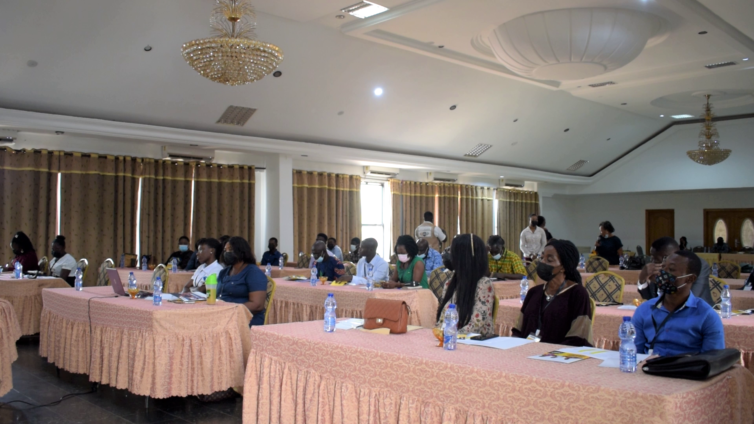The Ghana Export Promotion Authority (GEPA), is building the capacity of women in agribusiness and textiles in the Ashanti Region to help increase their export and trade potentials.
The 5-day training, supported by the Canadian Trade Facilitation Office, is also aimed at creating more job opportunities for women.
The training programme is part of GEPA's effort to groom exporters for easy access to external markets and ultimately shore-up exports.

Deputy CEO in charge of Human Resource and Administration at GEPA, Albert Kassim Diwura, observed that international trade comes with lots of demands hence the training.
"This is very important to us because women in trade are doing very well in terms of numbers, but we have realised intermittently they don't have time to do research because they are busy. So we organised this programme to build their capacities to be able to take advantage of the exporting space," he said.
The theme for this year's workshop is; "Facilitate exports for inclusive and sustainable growth."

SMEs have been urged to register under the Ghana Export Promotion Authority (GEPA) to access support to enter the international market.
"Some of them don't know they have to register under the Ghana Export Promotion Authority (GEPA). They think just like we sell in the Ghanaian market, they can produce the same way and take it to the international market. Some of them attempt and they have challenges, but when they register, we give them the requisite knowledge on export fundamentals," he noted.
A representative from the Trade Facilitation Office (TFO), Canada, encouraged women to collaborate and take advantage of the export markets.
Mr. Andrew Mensah believes this will help businesses to meet demand.
"One of the challenges we have noticed is lack of networking. It is important for us to bring these enterprises together to work in synergies. Once these enterprises come together they can form networks to meet capacity drive.
When this problem is solved, we will be able to export to get revenue to the country and through this, we will be making contributions to the economy," he said.
Some of the participants spoke to Luv Business about the relevance of the training to their businesses.
"Targeting Ghanaians is not the best for our business, we need to focus on extending our business to other African countries and that is the main reason I'm here. I want to know the nitty gritty and formalities in terms of exporting, "CEO of iFOK footwear, Emmanuel Atakora-Manu indicated.
Janet D. Gyamah, CEO of Josma Agro Industries Limited said, "we've been producing for the local market and looking for avenues to export directly, so I think this training is really going to help my business"
Latest Stories
-
EBID wins the Africa Sustainability Award
34 minutes -
Expansion Drive: Takoradi Technical University increases faculties
5 hours -
SHS heads demand payment of outstanding funds before reopening of schools
5 hours -
We thank God for the 2024 general elections – Akufo-Addo
6 hours -
Coconut Grove Beach Resort marks 30 years of excellence with memorable 9 lessons & carols service
6 hours -
WAFU B U-17 Girls’ Cup: Black Maidens beat Nigeria on penalties to win inaugral tournament
7 hours -
Real Madrid beat Sevilla to keep pressure on leaders Atletico
8 hours -
Liverpool put six past Spurs to go four points clear
8 hours -
Manchester United lose 3-0 at home to Bournemouth yet again
8 hours -
CHAN 2024Q: ‘It’s still an open game’ – Didi on Ghana’s draw with Nigeria
8 hours -
CHAN 2024Q: Ghana’s Black Galaxies held by Nigeria in first-leg tie
9 hours -
Dr Nduom hopeful defunct GN bank will be restored under Mahama administration
9 hours -
Bridget Bonnie celebrates NDC Victory, champions hope for women and youth
10 hours -
Shamima Muslim urges youth to lead Ghana’s renewal at 18Plus4NDC anniversary
11 hours -
Akufo-Addo condemns post-election violence, blames NDC
11 hours

